Spring 2024 Courses
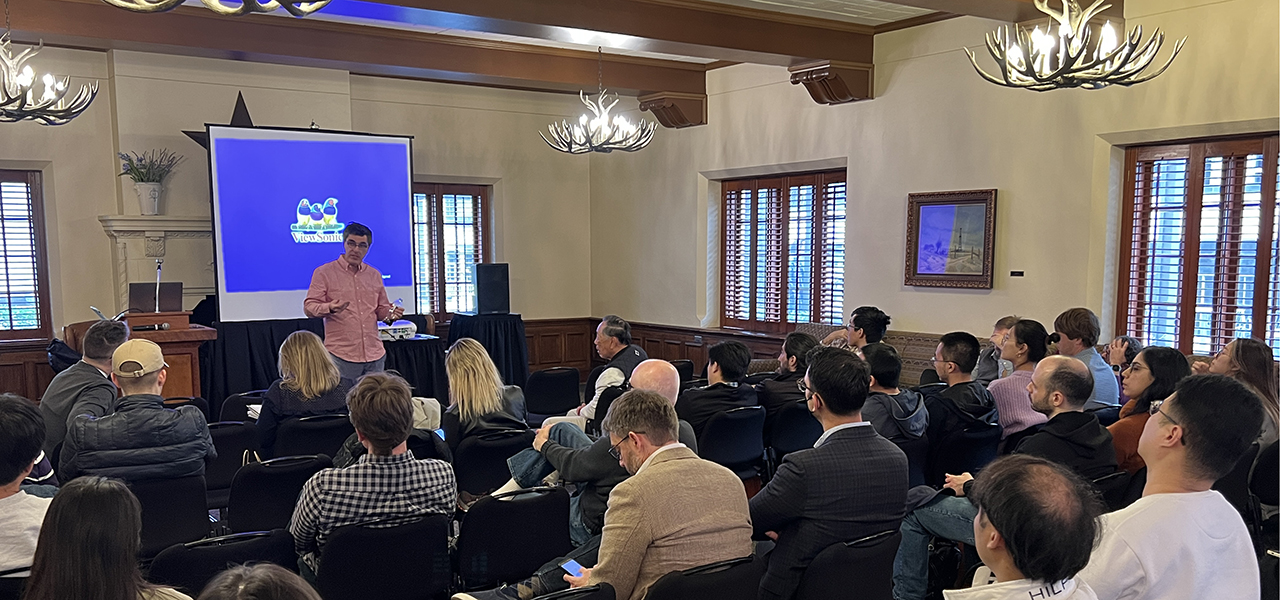
Civitas Fellows teach courses on philosophy, politics, and economics. In the Spring 2024 term, Fellows offer the following courses for UT-Austin students.
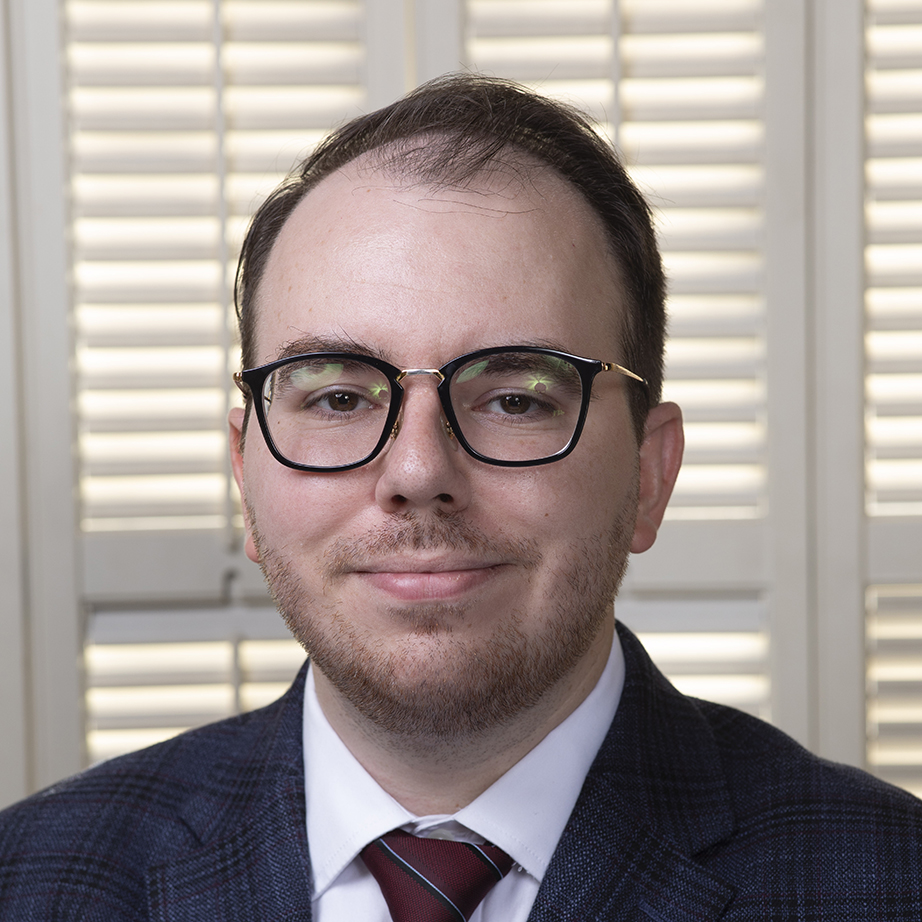
Joey Barretta
AMERICAN POLITICAL THOUGHT
GOV 335M
Our aim in this course is to achieve an understanding of American Political Thought. This thematic study traces institutional, political, and social development in American political experience. We draw on a wide range of literature, including treatises, letters, speeches, poetry, songs, and essays.
Our course moves thematically as well as chronologically. In this course, we reflect on how Americans live together—and how we might live together well. As we examine theories of rights, means of protest, or the challenges of crafting a constitution, we consider what makes capable, thoughtful citizens. The ultimate purpose of this course is to develop an ethical sensitivity that better enables us to hold ourselves and our leaders to high standards.

Dan Bonevac
Ethical Theories
How should I live? What kind of person should I try to become? What should I do? How do I decide? Those questions about how to live—what to be, what to do, how to decide—form the subject matter of ethics. This course examines classic texts of several different approaches to answering them.
PHL 325K
We will read Aristotle’s Nicomachean Ethics, Immanuel Kant’s Groundwork of the Metaphysics of Morals, selections from Jeremy Bentham, and John Stuart Mill’s Utilitarianism—classic statements of important approaches to ethical theory. All are available for download on Canvas.
This course carries the Ethics flag. Ethics courses are designed to equip you with skills necessary for making ethical decisions in your adult and professional life. Your grade will come from assignments involving ethical issues. It also carries the Writing flag.
History of Christian Philosophy
PHL 356D / CTI 335C
Philosophy courses often jump from Aristotle to Descartes—a two-thousand-year gap—with hardly a word about what went on in between. This course fills in the gap.
From its beginnings in the words of Jesus and the letters of Paul, Christian thought has struggled with fundamental philosophical questions concerning the nature of God, the self, the world, and the good life. Christianity arose from Judaism in a Hellenistic world. Christian thinkers immediately began developing their theological views in the context of Greek philosophical thought. Starting with Paul, and continuing through the Reformation, we’ll look at philosophical contributions of central thinkers of the Christian tradition. Among the thinkers we’ll discuss are Tertullian, Origen, Athanasius, Augustine, Anselm, Aquinas, and Calvin.
We’ll focus on a variety of philosophical issues, falling into three main categories:
Ethics: What is virtue? How do we tell right from wrong? What does the Fall imply about ethical knowledge and conduct? What is sin? What is weakness of will, and why do Christian thinkers from Paul onward consider it central?
Epistemology: How is it possible to know anything about God? How does epistemic authority arise in religious matters, and how can it be transferred? Are religious experience and testimony legitimate sources of religious knowledge? What is the relationship between faith and reason? To what extent are we capable of understanding God?
Metaphysics: Are there arguments for God’s existence? What is God’s nature? How can God be both three and one? What is substance? What are essences? Are there forms or universals? If so, what are they? Did God create the universe? If so, how? Do human beings have free will? Is freedom compatible with divine foreknowledge?
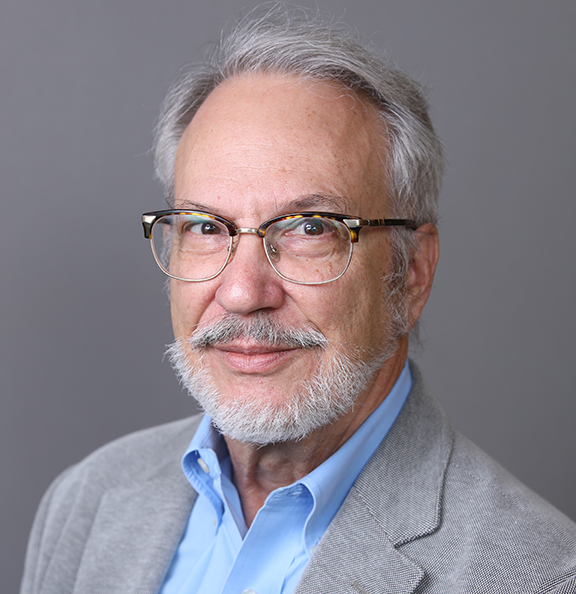
J. Budziszewski
NATURAL LAW THEORY
GOV 335D / PHL 342
“Natural law” refers to moral law – in particular, the fundamental moral principles that are built into the design of human nature and lie at the roots of conscience. Natural law thinking is the spine of the Western tradition of ethical and legal thought. The founders of the American republic also believed in the natural law — in universal and “self-evident” principles of justice and morality which the Declaration of Independence called “the laws of Nature and of Nature’s God.” For generations afterward, most Americans took the reality of natural law for granted. Thomas Jefferson appealed to it to justify independence; Abraham Lincoln appealed to it to criticize slavery; Martin Luther King appealed to it to criticize Jim Crow laws. You would hardly guess any of this from the present day, because belief in natural law has come to be viewed as “politically incorrect.” Nevertheless, the tradition of natural law is experiencing a modest renaissance.
Is there really a natural law? What difference does it make to society and politics if there is? Is it really “natural”? Is it really “law”? To consider these questions, we will read a variety of influential works on natural law from the middle ages to the present. Probably, most of your liberal arts education has implicitly rejected the whole idea, but in this course, for a change, you have an opportunity to hear the other side.
We will focus on the classical natural law tradition, not revisionist versions such as the one promoted by the social contract writers of the early modern period. We begin with the ethical and legal thought of the most important and influential classical natural law thinker in history, Thomas Aquinas. He is a difficult writer, but we will work through his Treatise on Law carefully and I will provide lots of help. After that, we will consider the continuing influence of the classical natural law tradition, reading a variety of authors including Thomas Jefferson, U.S. Supreme Court Associate Justices John McLean and Benjamin Curtis, Abraham Lincoln, Justin Buckley Dyer, Martin Luther King, C.S. Lewis, John Hittinger, Robert C. Koons, Matthew O’Brien, and myself.

Scott Carrell
INTRODUCTION TO MICROECONOMICS
ECO 304K
This course is a general introduction to microeconomics. Microeconomics is the study of how individuals and firms make decisions in the marketplace. We will discuss when markets fail and the role of government. The purpose of this course is to prepare students for further in-depth study in microeconomics as well as to provide a foundation for analyzing decision-making.
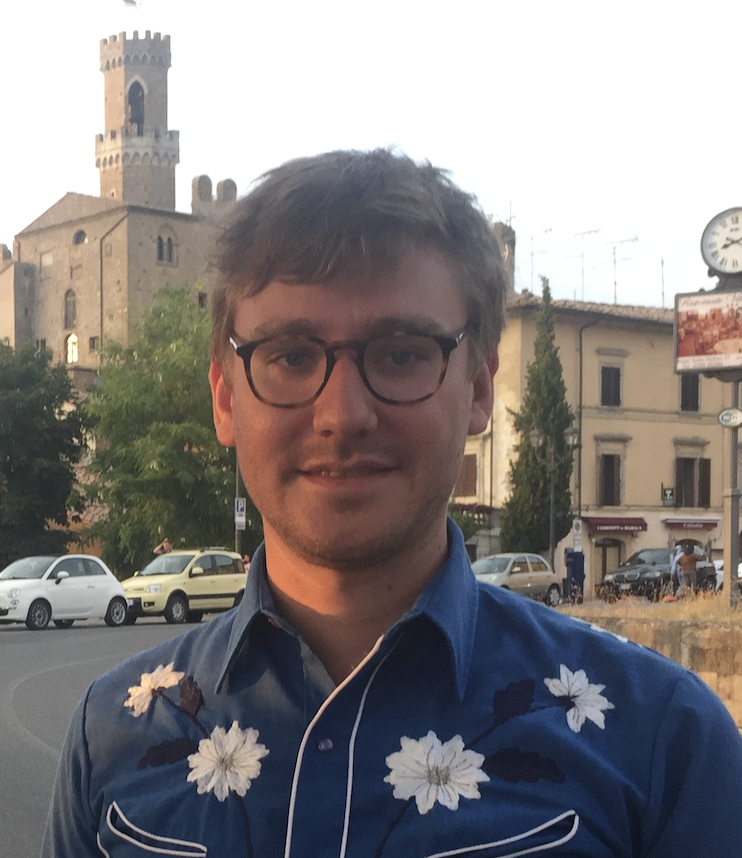
Reid Comstock
HAPPINESS: ANCIENT PHILOSOPHY
PHL 365
One of the main questions that concerned ancient philosophers was how we ought to live our lives. This is a question about human happiness or flourishing, something the ancients called eudaimonia. Different schools of thought had different answers to this question: some thought that living a happy life was a matter of maximizing pleasure; others thought that living a happy live meant doing the right thing. In addition, ancient philosophers thought philosophy, which they understood as the persistent search for the truth, was in one way or another a crucial component of a happy life. Some thought happiness just was a life of philosophy, others thought that philosophy was an instrument or tool with which one could achieve the state of human happiness. In this course, we will read some of what the main thinkers in ancient philosophy had to say about these issues. In doing so, we will focus on two main questions: (i) what were the theories of happiness that these thinkers propounded? In other words, what did they think happiness consisted in? And, (ii) how did they understand the role of philosophy in making one’s life a happy one?
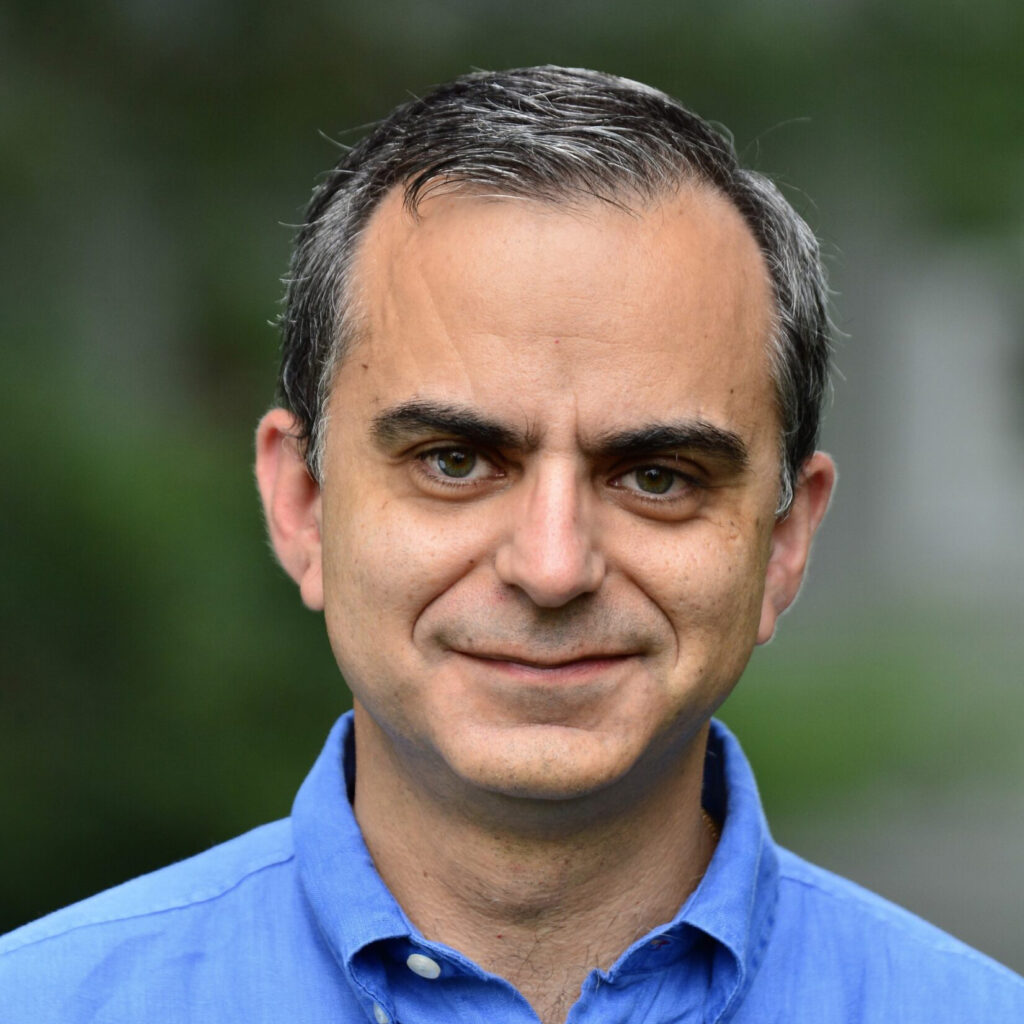
Patricio A. Fernandez
HISTORY OF ETHICS
PHL 322K
Aristotle holds that ethical inquiry, the discipline that he cultivates in his writings dealing with human action, is a distinctively practical science (practical philosophy). It is practical not only because it concerns action-related matters, but also because action is its proper end. Inquiry into the human good should ultimately contribute to one’s acting in a certain way and thus becoming a certain kind of person. In this course we will study Aristotle’s ethics as it is presented in his masterpiece, the Nicomachean Ethics. We shall consider Aristotle’s conception of agency and the good, his theory of the virtues, and his overall picture of an ethical character and an ethical life—all of which have exercised, and continue to exercise, an enormous influence upon subsequent thought about human action and morality. We will also explore the enduring influence of Aristotle’s ethical theory examining how it has been received by some medieval and contemporary thinkers.
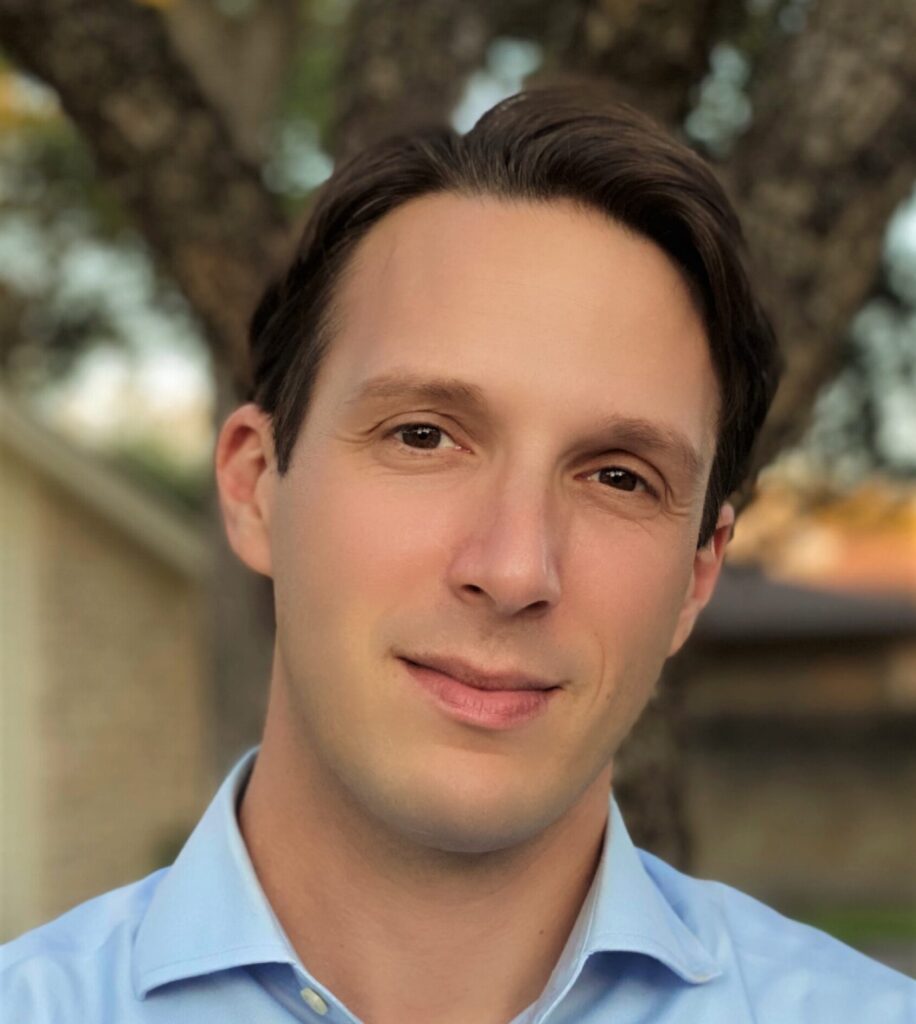
Adam Klein
NATIONAL SECURITY LAW: COUNTERTERRORISM
LAW 389R
This course will survey the bodies of law and government institutions involved in counterterrorism. These include intelligence and surveillance law, criminal law, international humanitarian law (including rules for detention and targeting), public international law and U.S. Constitutional law relevant to the use of military force against terrorist groups, and others. It will also consider contemporary debates over domestic terrorism, online content moderation and mandatory takedowns, and encrypted communications, while enriching these discussions with international comparisons and guest speakers from the world of practice. Students will be evaluated based on a final exam and class participation.
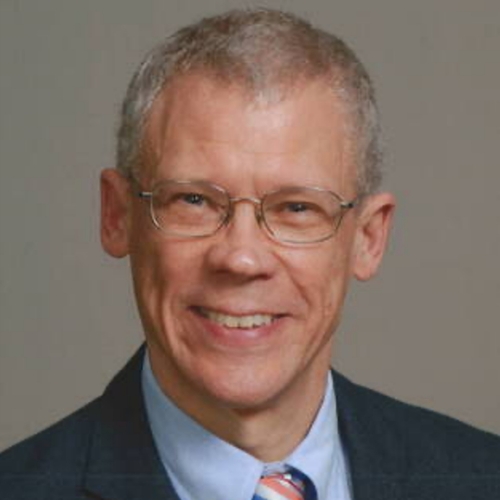
Robert Koons
Philosophy and the Dystopian Novel
UGS 303
We will examine recent work in philosophy that is written from a Christian point of view or that examines philosophical questions that arise within the framework of the Christian faith. The issues to be covered include the relationship between faith and reason, the possibility of demonstrating the existence of God, the problem of evil, the problem of reconciling divine foreknowledge and sovereignty with human responsibility, and the relation of God to time. Special emphasis will be placed on the relevance of Christian philosophy to foundational questions concerning reality, knowledge and ethics.
Contemporary Christian Philosophy
PHL 356C
We will examine recent work in philosophy that is written from a Christian point of view or that examines philosophical questions that arise within the framework of the Christian faith. The issues to be covered include the relationship between faith and reason, the possibility of demonstrating the existence of God, the problem of evil, the problem of reconciling divine foreknowledge and sovereignty with human responsibility, and the relation of God to time. Special emphasis will be placed on the relevance of Christian philosophy to foundational questions concerning reality, knowledge and ethics.
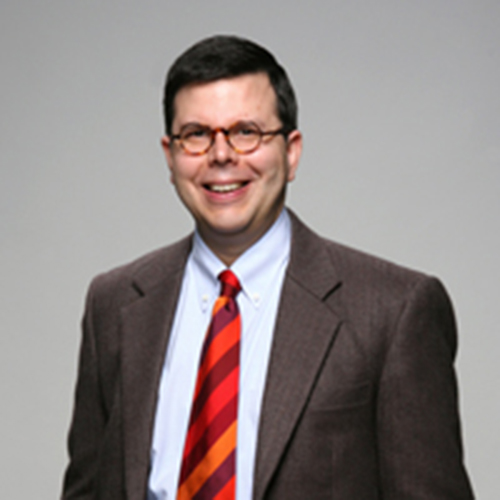
David Leal
Politics and Religion in the U.S.
GOV 371R
This course will address key topics in the study of politics and religion in the United States. The class begins with a general overview of religion and politics in America and a preview of the larger questions we will discuss. This is followed by a political history of religion, beginning with debates about church and state in the founding era and followed by discussion of the Protestant traditions of the 19th century and the changes brought by the growth of American Roman Catholicism. We continue with more contemporary phenomena, including the “religious right,” the “religious left,” and growing secularism; we also ask whether America is experiencing a “culture war.” We continue with an examination of additional religious traditions in America, such as the Black Church, the growing Latino religious presence, and Mormons. Lastly, the class examines contemporary political dynamics, particularly the influence of religion on elections, parties, and public opinion.

Sam Mead
CONSTITUTIONAL PRINCIPLES: CORE TEXTS
GOV 312P
Citizens of American liberal democracy live under the oldest codified constitution in use today. Yet the age of a constitution does not permit us to take its principles for granted. Far from it. Each of us, in one way or another, is deeply shaped by these principles – in what we admire and detest, praise and blame, fear and love, in our opinions on the mundane and the lofty alike. Therefore, if we wish not to take our opinions for granted, if we wish to achieve genuine self-knowledge, and if we are to be responsible democratic citizens, we must engage in a searching and thoughtful analysis of the theoretical basis for the American Constitution and the ways of life it fosters and requires. Such an analysis is all the more necessary today; liberal democracy now draws criticism not only from abroad but also from home on both sides of the political spectrum. If we are to meet those criticisms adequately, we owe it to ourselves to recover the original intention of those who shaped our regime. This course is designed to help students begin such a recovery.
We will focus on the fundamental principles of American political life: democracy, equality, and liberty. Our guides – a select few authors of the American political tradition’s foundational texts – will show us how these principles took hold in the US and what arguments were made for and against them. Our authors will not always agree with each other – they will even vehemently disagree. But from their agreements and disagreements alike, we can begin to recover for ourselves those crucial questions informing our country, and hopefully start on the path towards genuine intellectual liberation.
We will read Aristotle, John Locke, The Federalist Papers, select Anti-Federalists, Alexis de Tocqueville, Frederick Douglass, Booker T. Washington, W.E.B. DuBois, Martin Luther King, Jr., James Baldwin, Abraham Lincoln, and Aleksandr Solzhenitsyn.
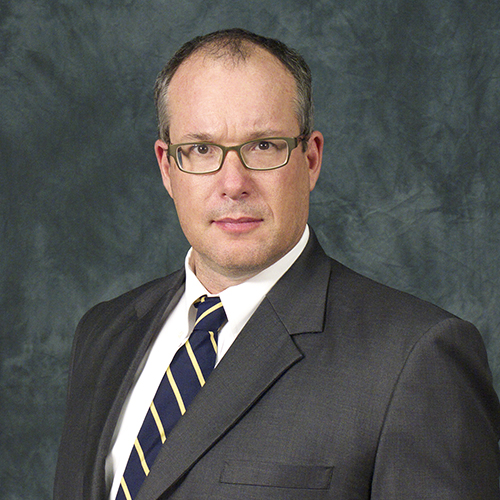
Brian Roberts
ISSUES & POLICIES IN AMERICAN GOVERNMENT – HONORS
GOV 312L
Government 312L satisfies the second half of the mandated six hours of government that every UT student must take. Course covers analysis of varying topics concerned with American political institutions and policies, including the United States Constitution, and assumes basic knowledge of government from GOV 310L. May be taken for credit only once.

Dima Shamoun
BEHAVIOR, GAME THEORY, & TEAM MANAGEMENT
FIN 397
Team production, e.g., a firm, is by nature hierarchical. To be successful a hierarchy must have efficiently structured decision-making—that is, leadership, cooperation, and execution. A good leader can set a vision, gain cooperation, and coordinate action toward a goal, all while managing the tradeoffs that come with centralizing and decentralizing decision-making throughout the organization.
We will take an economic approach to the use of tools from decision science, game theory, behavioral and evolutionary psychology. The course will employ a combination of lecture, classroom experiments, Socratic discussion of case studies, a team project, as well as a host of guest speakers who are leaders in their fields of business and research.
We begin by learning the science of decision-making and the elements of decision quality. With this grounding we move on to an economic analysis of human nature when engaged in team production. There are two types of “games” relevant to the team production problem: games with Nature and games with Others. Against Nature, the team shares a common vision and goal; however, cognitive biases still obscure sound decisions. When dealing with each other, team members have their own perspective and preferences, which may deviate somewhat from the goal of the organization.
Students will become familiarized with some of the major behavioral biases that plague individual and team decision-making. Such biases include anchoring, confirmation bias, denominator blindness, loss aversion, overconfidence, and groupthink, to name a few. A team leader must be able to navigate these opportunities amongst obstacles.
A team leader also needs to be able to align the interests and incentives of the individuals and coordinate the teams within the firm. To that end, you will learn to apply the science of strategic behavior so you can design and better predict the consequences of different incentive structures.
Finally, you will be introduced to the evolutionary basis of heuristics, and learn which biases can be mitigated or aggravated by group decision-making, and which heuristics can play an important role in maintaining hierarchical order.

Daron Shaw
CAMPAIGNS AND ELECTIONS
GOV 370J
This course is designed to introduce you to American political campaigns and elections through lectures and readings. It is not designed to serve as a “how to” manual for aspiring politicians or consultants. More often than not, it is more theoretical than practical. Still, some nuts and bolts information is essential and will be part of the curriculum. The main focus is on federal elections, though references are made to state and local elections. We spend some time revisiting past campaigns and elections in order to contrast and explicate contemporary American electoral politics. The lectures and readings pay particular attention to the presidential elections of 2016 and 2020. The Trump elections are not only the most recent, but provide vivid details supplementing the theoretical and descriptive points raised in the course.
There are three primary objectives. The first is to provide basic information about American elections and electioneering by examining both the rules of the game and the players. The second is to develop analytical skills with which to analyze complex relationships and phenomena. The third is to introduce you to the work of the political scientist by concentrating on paradigms and techniques of the discipline.

Devin Stauffer
The Classical Quest for Justice
GOV 351C
The questions at the heart of classical political philosophy are simple, even if the treatments of them by the ancient philosophers are extremely complex. What is justice? What does it ask of us as individuals? What does it demand of political communities in their internal structures and in their interactions with other communities? Are the demands of political life in harmony with the radical questioning of philosophy? In this course, we will consider these and other such questions through a careful study of three masterpieces of classical antiquity: Plato’s Apology of Socrates, Plato’s Republic,and Thucydides’ history of the Peloponnesian War. These works will be approached not only as crucial documents for our understanding of a distant age, but as works that speak directly to permanent questions of moral and political life.
The Theoretical Foundations of Modern Politics
GOV 351D
This course examines the philosophic origins of modern politics and culture by looking at the works of several authors whose writings played decisive roles in the rise and development of modern political philosophy. In our study of Machiavelli’s Prince, Hobbes’s Leviathan, Locke’s Second Treatise of Government, and selected political writings of Rousseau and Nietzsche, we will consider the ways in which modern political thought broke with the past and offered a new set of political visions. We will consider the differing views of Machiavelli, Hobbes, Locke, Rousseau, and Nietzsche on issues such as the aims and limits of politics, the role of morality in the harsh world of political necessity, the proper place of religion and reason in political life, and the nature and basis of justice. Throughout the course, we will reflect of the impact that the revolutionary doctrines of modern political philosophy have had on the political world in which we live.

Constantine Vassiliou
CONSTITUTIONAL PRINCIPLES: CORE TEXTS
GOV 312P
This course will introduce students to the study of politics by considering the constitutional order of the United States. The course examines the ideational roots of the United States’ foundational principles as instantiated in the Declaration of Independence, the U.S. Constitution, and in classical political and legislative writings that informed the Founders’ Constitutional Designs.
Throughout the semester, students will interrogate the relationship between practical politics and constitutional design by reflecting upon the following questions: How does the U.S. Constitution lay the foundation of American government and organize its powers in a manner that affects our safety and happiness? In what ways has our original constitutional design been either advanced or frustrated by historical developments with respect to our political institutions? How democratic was the founding? Is democratization always conducive to deliberation? Does institutional rivalry rooted in separation and blending of constitutional powers foster increased deliberation in republican self-government, or does it merely cause political gridlock? When is a constitutional commitment to limited government in tension with the necessities required to protect our civil rights and liberties?
Careful reflection upon these perennial questions in American political thought will enable students to establish connections between foundational ideas in classic political texts and established theories of liberty and equality, in a manner that forges innovative insights on how to strengthen our public institutions.
